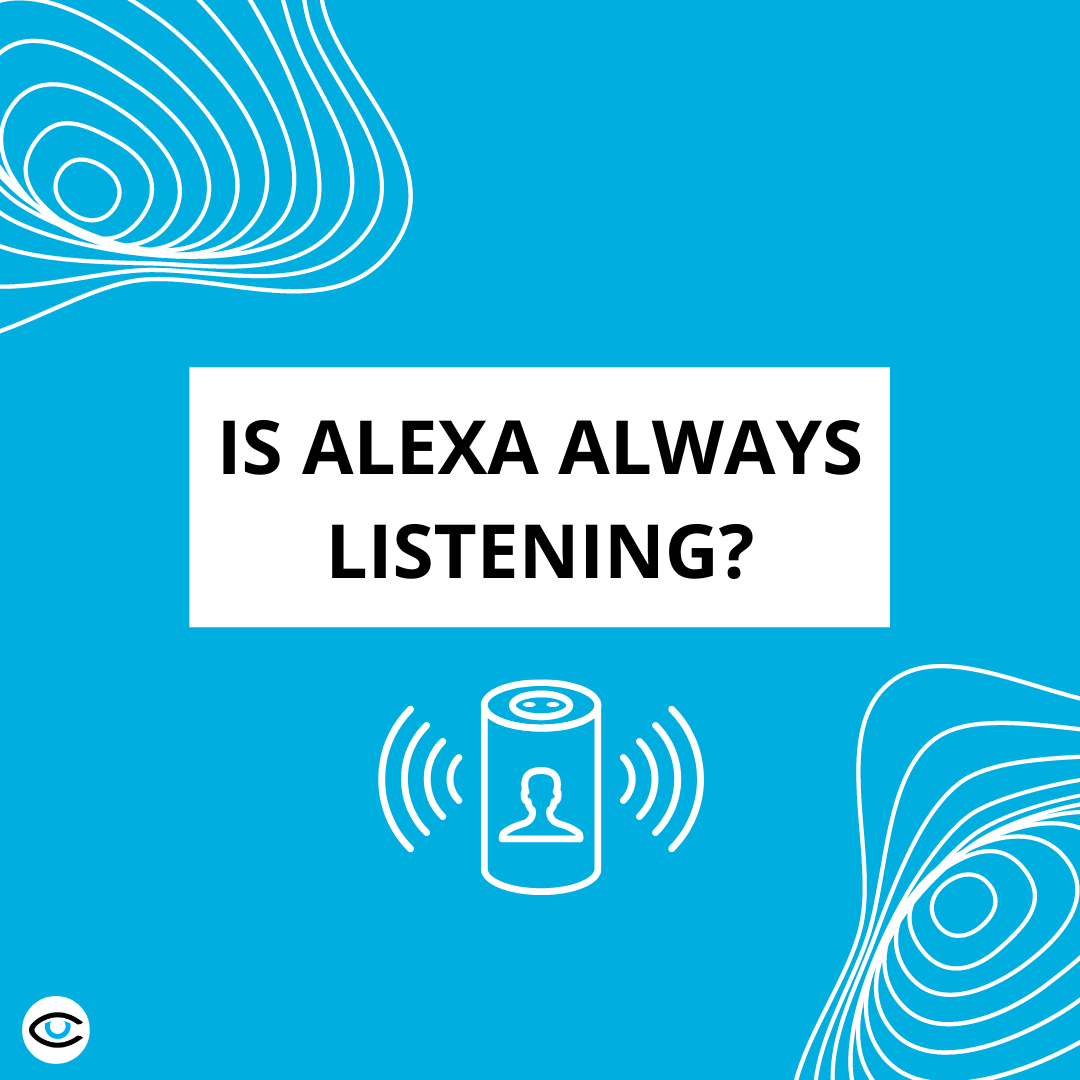Is Alexa Always Listening?
What is Alexa?
Amazon Alexa, more commonly referred to as Alexa, is the virtual assistant technology developed by Amazon and used in their Echo speakers. The digital assistant is able to respond to voice commands from users and perform a number of functions from playing music to setting alarms to answering questions. If users have other smart devices, Alexa can be used to control them by acting as a home automation system. Alexa is not only available on Echo speakers but is found on some third party devices as well, including speakers, TVs and the Alexa app for mobile devices. Any device that works with Alexa or offers Amazon Voice services will have an Alexa feature.
Alexa comes with the rise of digital assistants, from Apple’s Siri to Microsoft’s Cortana, there has been an increased shift for voice commanded assistants to help users with their device interactions. Alexa is unique in that it can learn third-party “skills” that users can download to perform a variety of functions - such as singing lullabies.
Alexa creates these frictionless interactions for users, they are able to seamlessly play music, ask for weather updates, or set alarms without having to lift a finger. This revolution of AI and personal assistants has allowed for the simplification of many daily tasks and enhanced the user experience. As these digital assistants grow in their level of sophistication and ability, they will become increasingly integrated into our daily lives. However, as we will find, with this rise in technology there are many security and privacy concerns that follow.
Is Alexa Always Listening?
Alexa has been the center of some privacy concerns as users are worried about the device listening in on their conversations. The microphones are constantly on and listening into conversations because Alexa must be able to be activated with a “wake word” (the word being Alexa). However, it seems that it is important to differentiate between when the device is listening and when it is recording. It is true that the device is always listening, simply because it must be aware of when the user calls on it.
When Does Alexa Record?
Amazon promises that only speech following the wake word is recorded and subsequently uploaded to their cloud where server algorithms analyze the speech. This helps Amazon to detect and filter between different accents, speech clarity and vocabularies. These exchanges are easy to view and delete through Alexa’s privacy settings and Amazon claims that its devices are not programmed to store information when they are not activated.
Alexa Glitches?
Despite Amazon’s reassurances, there have been past instances where the smart devices or assistants have glitched. Amazon claims that saying words that may sound like Alexa or using Alexa in a conversation (say, if it was someone’s name) will cause the device to activate and start recording. Take, for example, the time Alexa recorded a family’s conversation (without them saying the wake word) and sent it off to an acquaintance without their knowing. This is also not an isolated incident, there have been many other situations where Alexas “eavesdrops” and records conversations without being activated by their users. However, Amazon does claim that with more use, the better the Alexa wake word detection will get and it seems that the voice recognition is only continuing to improve.
Privacy and Security Concerns with Alexa
“We may use your data to improve our services”
Alexa is only able to improve and progress with machine learning, a method of data analysis that helps systems to learn from previous data patterns. What this means is that Amazon employs people to read and annotate transcripts that your smart device uploads to their cloud, in order to help improve Alexa devices. Although Amazon claims that these interactions are nameless and untraceable to the individual consumer - it may be still uncomfortable for some users to learn that their conversations are being analyzed. Thankfully, users are able to opt out of this via Alexa’s privacy settings. Additionally, users are able to physically stop the device from being able to listen by manually turning off the microphone.
The Future of Smart Devices?
As our lives become increasingly digitized, it only makes sense that user data and information becomes a more highly sought after and more widely available commodity. Companies want this data in order to better target advertising and promotional material to users. Digital assistants, like Alexa, host a wealth of personal and sensitive information that could be of interest to giants like Amazon. Beyond your searches and commands, being able to listen to your speech actually reveals a host of personal information about the individual. Voice can tell you the gender and age of an individual and also background noises can be used to identify other family members in the household. Thus, it is important to be a conscious consumer and user of these devices and know the risks involved with their use.
Other Cybersecurity Practices?
f you are interested in learning more about cybersecurity and other ways you can keep yourself safe - check out our website or read more of our blog posts!
Need Cybersecurity Help?
Don't wait for an attack to happen, be proactive and avoid the headache and costs of recovering after a breach.
We offer next-level cybersecurity services that include computer, email, and mobile security alongside many other features that will keep you and your business safe from the many potential threats out there.
If you are interested in learning more about how you can keep yourself safe and secure, check out our website for comprehensive plans and security options.
